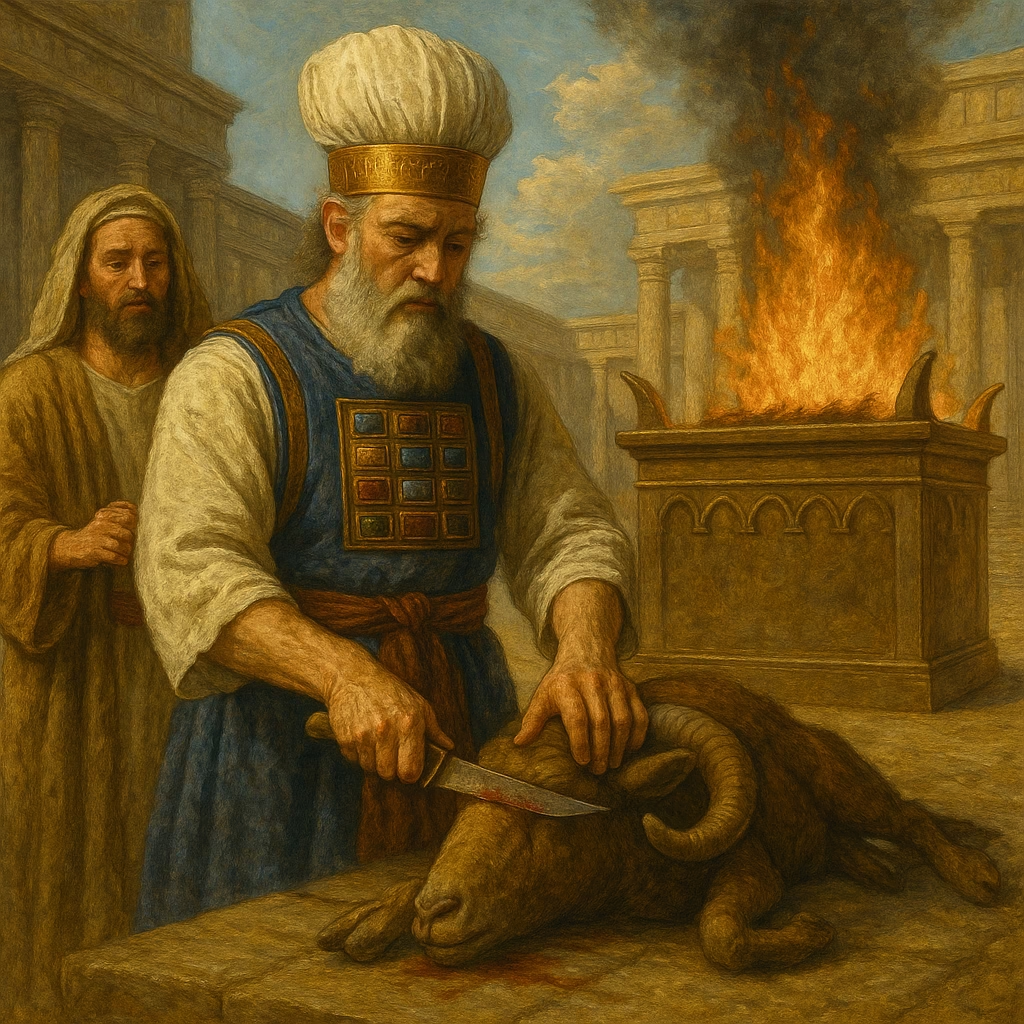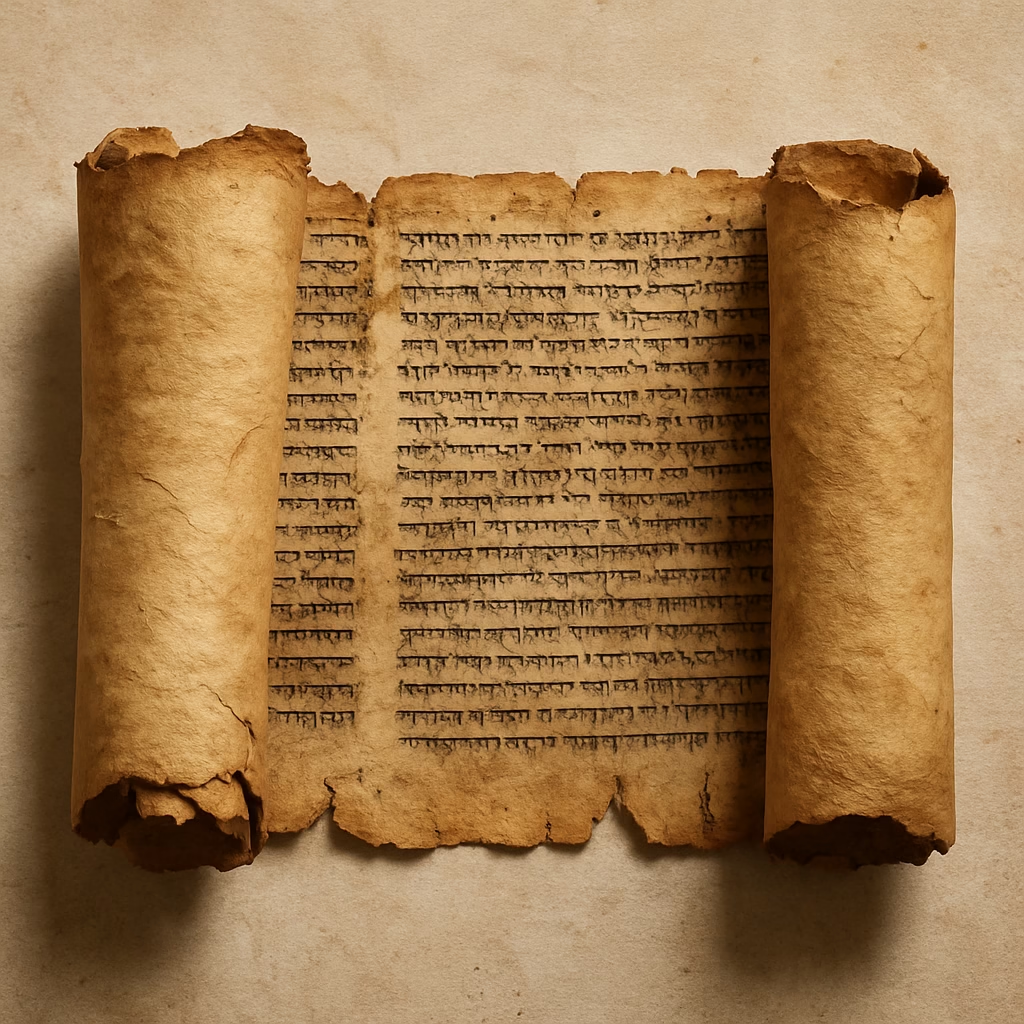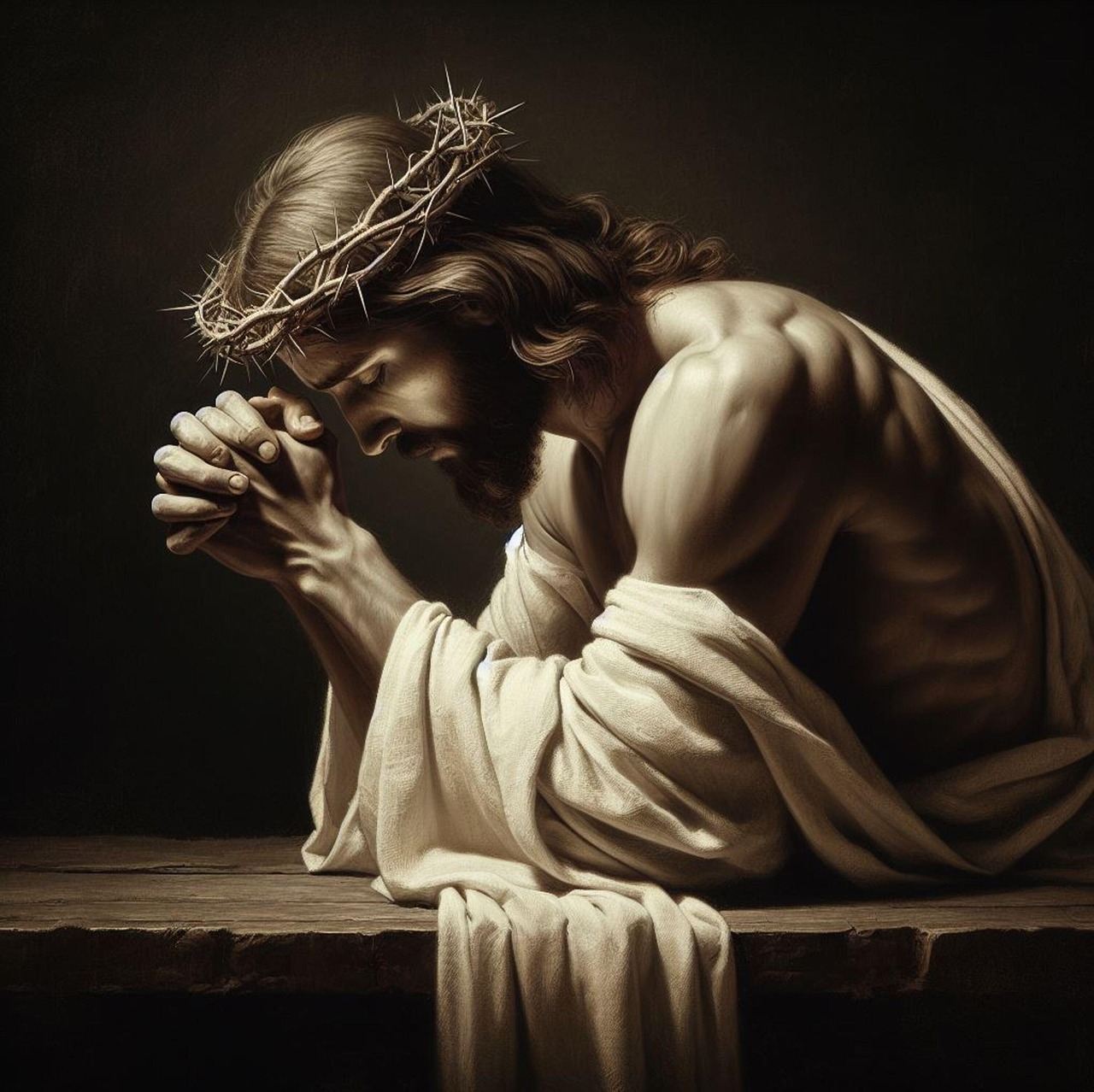The Book of Leviticus, the third book of the Bible, may seem intimidating at first glance. Filled with detailed laws, ceremonial instructions, and ancient rituals, it’s often misunderstood or overlooked. Yet Leviticus is foundational for understanding God’s holiness, the seriousness of sin, and His desire to dwell among His people.
In this article, we’ll explore the major themes of Leviticus, how it fits into God’s plan, and how it still speaks powerfully into our lives today.
🗺️ What Is the Book of Leviticus?
Leviticus continues the story of Israel’s journey from Egypt to the Promised Land. Named after the Levites, the priestly tribe, this book was given to Moses to instruct the Israelites on how to live as a holy people.
📌 Key Details:
Author: Traditionally Moses
Time Period: Approx. 1445 BC
Chapters: 27
Key Themes: Holiness, Sacrifice, Atonement, Worship, Priesthood
🔥 Central Themes of Leviticus
1. Holiness
“Be holy, because I, the Lord your God, am holy.” (Leviticus 19:2)
God’s holiness is a major focus. Leviticus shows us that holiness is not just about avoiding sin, but being set apart for God’s purpose.
2. Sacrifice and Atonement
The sacrificial system may seem foreign, but it highlights how serious sin is and the need for atonement. These sacrifices foreshadow Christ’s ultimate sacrifice.
3. Priesthood and Worship
God appointed the Levites and priests to represent the people before Him. This structure emphasized reverence and order in approaching God.
4. Purity Laws
The laws about cleanliness, diet, and bodily functions were not just about hygiene, but spiritual symbolism – teaching the Israelites to live distinctly.
5. God’s Presence
God desired to dwell among His people, but His holiness required them to be consecrated. The Tabernacle became the sacred meeting place.
✝️ How Leviticus Points to Jesus
Every offering, feast, and priestly duty in Leviticus foreshadows Jesus Christ:
- Burnt Offering → Jesus gave Himself fully
- Peace Offering → Jesus reconciled us with God
- Day of Atonement (Yom Kippur) → Jesus is our eternal High Priest and perfect sacrifice
Hebrews 10:1 tells us, “The law is only a shadow of the good things that are coming – not the realities themselves.”
🙏 A Prayer Based on Leviticus
“Lord, You are holy and worthy of all worship. Thank You that through Jesus, we can boldly approach You. Cleanse our hearts, help us live holy lives, and set us apart for Your purpose. Teach us to honor Your presence and obey Your Word. Amen.”
🌱 Devotional Takeaway
Holiness isn’t about perfection – it’s about separation for God’s purpose. Leviticus reminds us that God is not only close but sacred. In Christ, we no longer need a priest or sacrifices to come near to God – we are His temple, called to live in a way that honors Him daily.
❓ FAQ: Understanding Leviticus
Q1: Why is Leviticus important?
A: Leviticus reveals God’s nature – His holiness, justice, and desire to dwell with His people. It lays the foundation for understanding sin, atonement, and Jesus’ sacrifice.
Q2: What are the five main offerings in Leviticus?
A: Burnt offering, grain offering, peace offering, sin offering, and guilt offering. Each symbolized different aspects of worship and forgiveness.
Q3: Is Leviticus still relevant today?
A: Yes. While we are no longer under the Old Covenant laws, the principles of holiness, worship, and reverence for God remain central for Christians today.
Q4: How does Jesus fulfill Leviticus?
A: Jesus is the fulfillment of the sacrificial system. He is our High Priest (Hebrews 4:14) and the perfect Lamb of God who takes away the sin of the world (John 1:29).
Q5: Why are there so many purity laws?
A: The laws helped the Israelites distinguish between holy and unholy, clean and unclean. They were visual and cultural lessons in living differently from the surrounding nations.
📘 Final Thoughts
Though it may seem complex, Leviticus is a treasure chest of God’s justice, mercy, and love. It shows us that being near to God is a privilege, and a calling to live holy lives. Trusting God’s plan includes understanding how He shapes us through His Word, even through books like Leviticus.
“Trust in the Lord with all your heart and lean not on your own understanding.” – Proverbs 3:5






